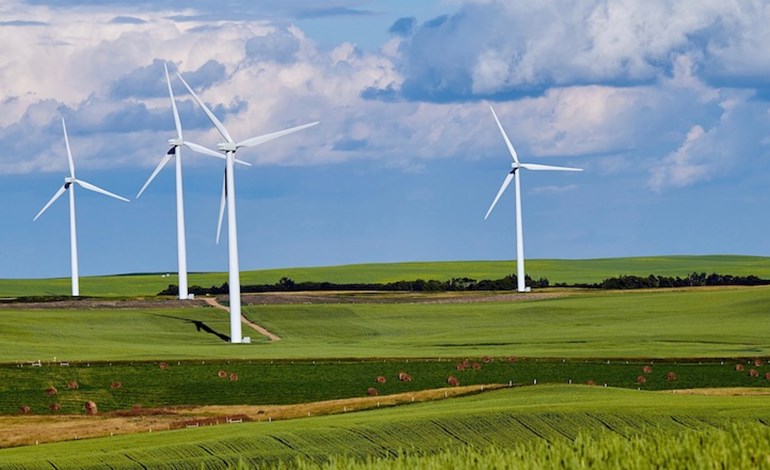
The latest Energy Trends report, published by the Department for Business, Energy and Industrial Strategy (BEIS) shows that in the third quarter of 2019 renewables provided a record 38.9% of the UK’s electricity requirement, just above gas at 38.8%.
Low carbon electricity (renewables and nuclear) rose to a record high of 57.3% due to increased renewables generation. Generation from fossil fuels decreased to a record low of 40.1%.
Increases in generation were seen for all categories of renewables but were particularly substantial for wind and solar, up 22%, as well as for hydro generation, which was up 58%.
According to the report, these increases were down to increased capacity for renewable generation, up 7.2% compared to the third quarter of 2018, as well as favourable weather conditions, particularly for offshore wind generation.
There was a decrease in the share of generation from nuclear, down to 18.4% in the third quarter of this year, from 23% in the same period last year. This was because of a series of outages at the UK’s nuclear plants.
The report highlights wind as the principal source of renewable generation, providing 19% of the UK’s electricity in the third quarter.
Commenting on the figures, RenewableUK policy and regulation head Rebecca Williams said: “We’ve reached an historic tipping point with renewables outperforming gas for the first quarter ever.
“This is great news all of us who are committed to reaching net zero emissions as fast and as cheaply as possible. As MPs take their seats in the new Parliament today, we’re looking forward to working closely with the new Government to speed up the transition to clean power.
“Wind is playing the leading role in this, generating nearly 20% of our electricity between July and September. We need to use a wide range of technologies to tackle dangerous climate change, including onshore wind as well as offshore, innovative floating wind and tidal power”.